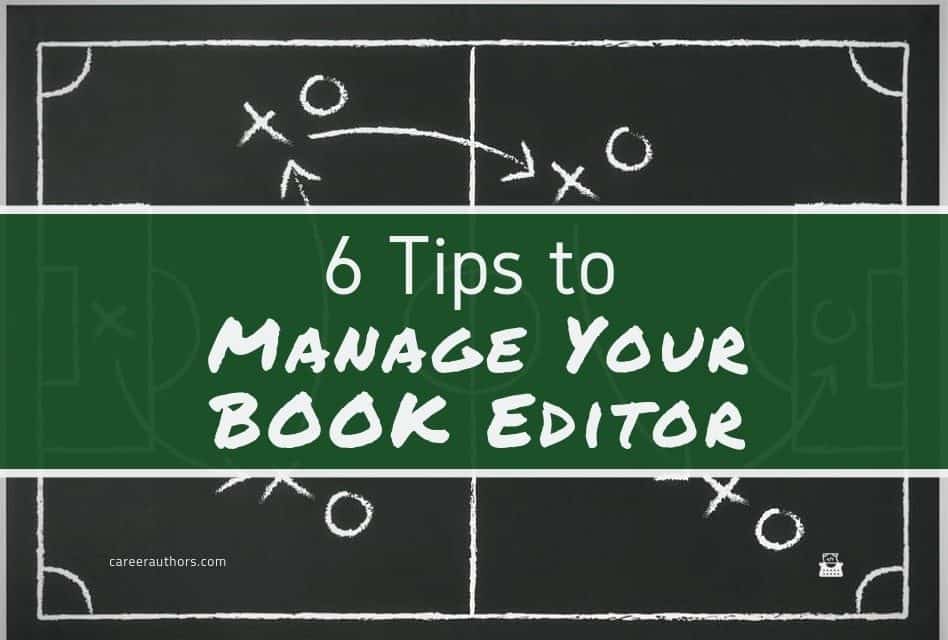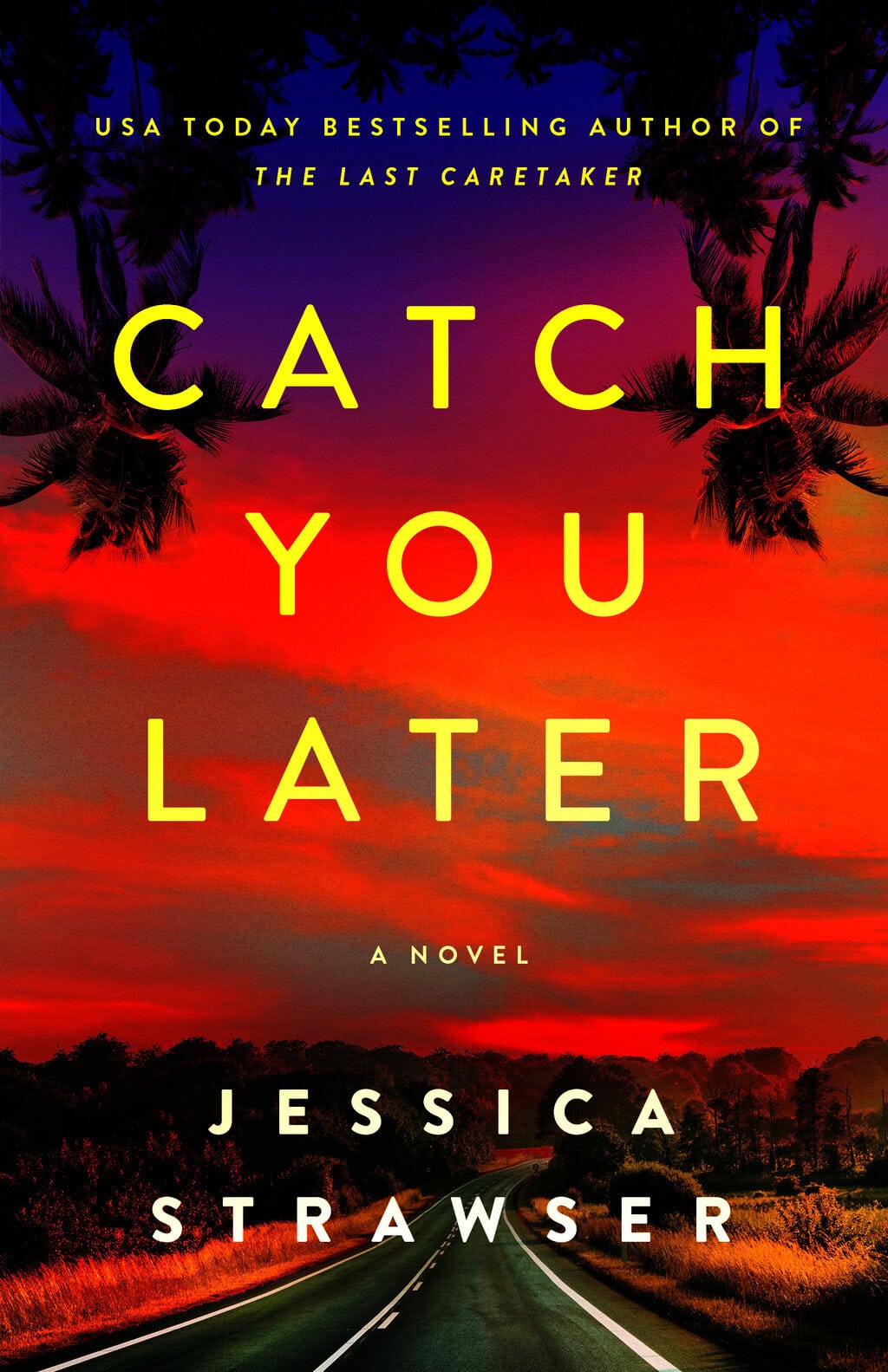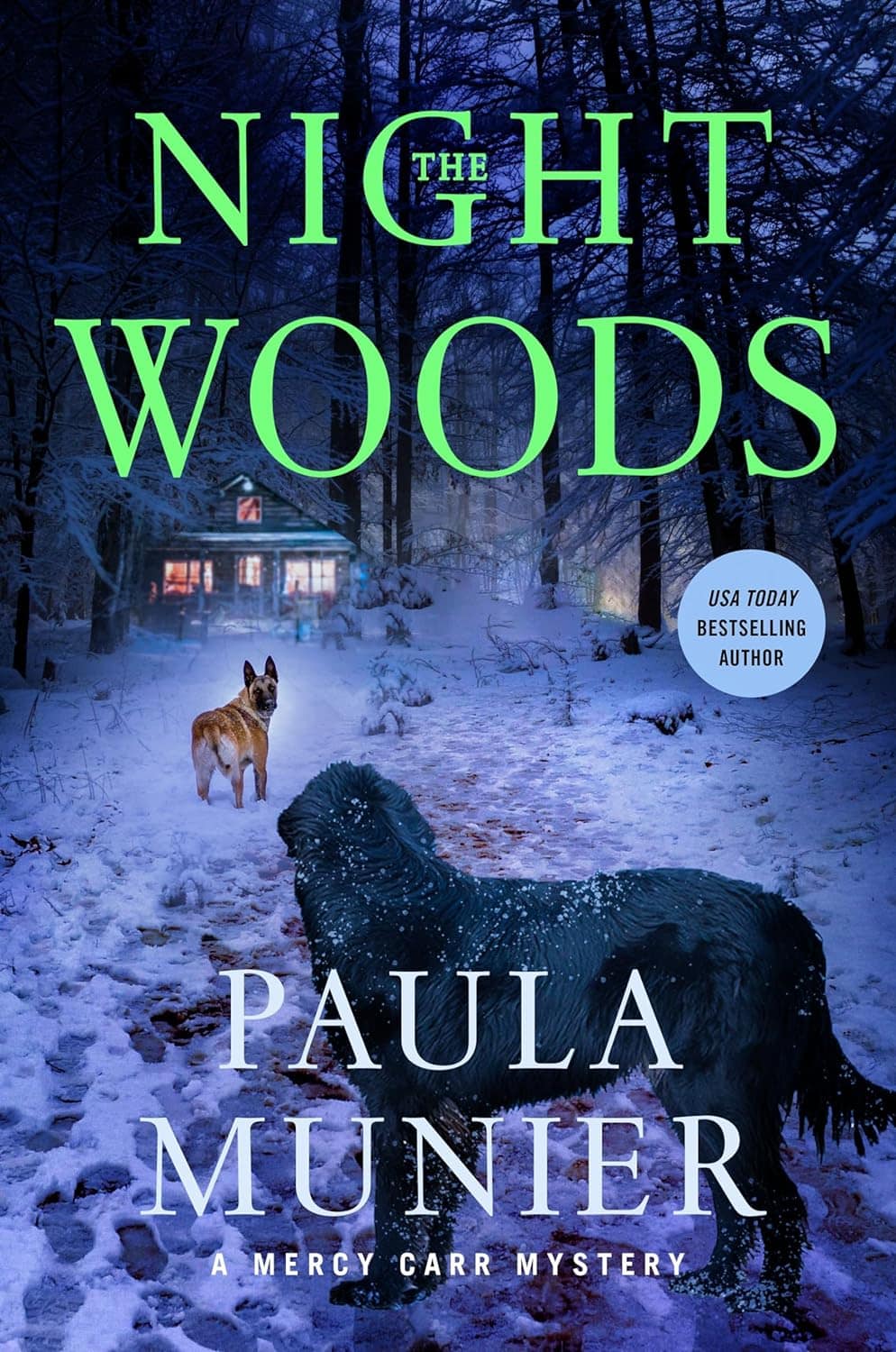One former author told me that she had been at a writers gathering in which all the other authors were complaining about their editors. When she said, “My editor is my friend,” her statement was met with laughter and incredulous judgments of naivete.
Friendship may be the platonic ideal, but even in the best of these relationships there inevitably comes a time when your editor will stop handing out carrots and employ a big stick—whether that’s a red pencil or the “Track Changes” program.
Admittedly from an editor’s POV, what follows are six tips for career authors to better their relationship with their book editors.
1. Mourn the “darlings” you must “kill”
William Faulkner famously writes of the necessity to “kill your darlings”—eliminating idiosyncratic editorial bugs.
Your long-awaited editorial letter might offer truths that hurt.
After receiving your revision letter from a publishing house, take time by yourself. If you have immediate objections, don’t phone your agent or anyone who has anything to do with your career. If inclined, rebel and be upset or angry. If I were to revise Elizabeth Kubler Ross’ “Five Stages of Grief” for a “Career Authors Edition,” these would be the “Denial, Anger” stages.
However, while writers are by nature sensitive souls, they must also have grit to pursue a career in book publishing.
It’s the remiss editor who allows you to retain distracting personal or stylistic foibles.
If an editor’s revision letter points out these deadly darlings, among other edits, you are allowed a moment or three to secretly denigrate that editor as an “elitist out of touch New Yorker.”
Give constructive criticism time to sink in. An editor’s words are not intended to slash your ego, but to better your book. Now recall who is your in-house champion and who approves your on-acceptance check.
Put aside the fury of being misunderstood, get over it, and get back to work.
Most editors are not bullies demanding you do just as they say. Using their knowledge of the marketplace, they want to make your book a success—artistically and commercially.
2. Listen
Dive in deep. Analyze the edits and suggestions. Accept or reject your editor’s suggestions. While there must be exceptions for extreme situations, in general I urge career authors to accept more edits than reject.
Remember this battle-hardened editor is on your side. If you don’t like an editor’s suggested change, analyze what raised the issue, and come up with another solution.
3. Choose your battles wisely
Returning to the Grief analogy, this is the “Bargaining” stage. Don’t be shy about objections but narrow them down to key points. Write them down forthrightly without detail or complex explanations.
Be prepared to defend your position, possibly even cede it.
Discuss and negotiate. Of course, some editors are more receptive to this dialogue than others.
I’ve been asked whether I’ve ever had writers who totally hated my recommended changes. In fact, this happened only once (that I know of). A career author who wrote a lovely literary novel about exotic travels throughout Asia hugely disliked—hated is an ugly word—my suggested cuts and changes. We discussed numerous options but could not find common ground. Finally, I said, “If you want to go into the marketplace with a novel that’s not as good and commercial as it might be, it’s your name on the cover.” He made the changes but wasn’t happy—a less than ideal outcome for all.
4. Recognize that your editor has limited time
They love you, and love your book. They would prefer to sit back and write you a really long email or talk to you on the phone all day, but then they would get fired for not doing all the other work required of them.
5. Acknowledge the players on your team
Thank your publicist, art director, and other contributors. Like most anyone else, editors like to have their work publicly acknowledged. Such an act makes the idea of future collaborations with you all the more appealing.
Don’t write snarky acknowledgments like the Asia-exotic-travel author above. Don’t be too clever.
Also, Holiday bribes like chocolate, et cetera are not unwelcome. It may be wrong, but it feels so right.
6. Move forward together
When discussing future projects, again, listen carefully. Experience and good mentors teach editors to take care when discussing future collaborations with career authors so when the subject comes up, offer your vision but also be sure to pay close attention to what’s said on the other end.
Listen to their commercial aspirations and see if your goals align with their wants and needs.
Of course, your next book should be the book you want to write, but you also want it to be a book that a publisher can get behind. (Kubler Ross stage: “Acceptance.”) If greater alignment is needed between author and editor, a literary agent once again proves incredibly useful.
In collaborative efforts like book publishing, sharing a vision is key to success. A writer may seduce an editor with their ideas, or an editor may persuade a writer with theirs. Working with a book publisher, your intensely personal, creative work becomes a cooperative project. Your baby must grow up.
Calls for greater unity and understanding are common these days. Making progress can entail conflict. Peace among those who write words and those who cross them arrives when all parties recognize that theirs is a communal effort.
How do you react to criticism of your writing? How would your ideal editor handle you? Share your thoughts on Facebook.





